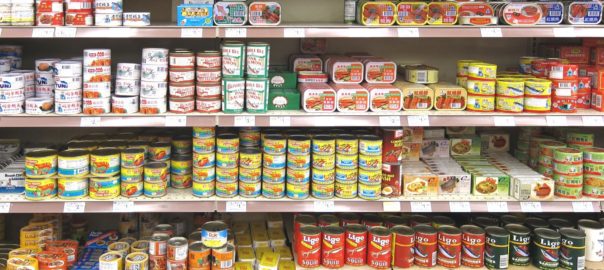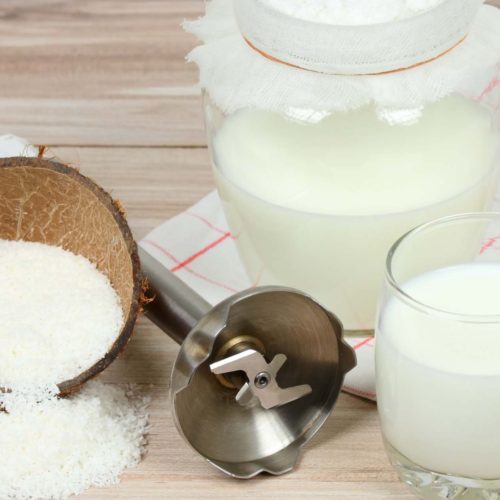If you are looking to improve your brain function, there are many things that you can do to boost the speed and accuracy of your mental facilities. Even as humans continue to age and their brains begin to weaken, sometimes due to dementia or simply due to lack of brain-training, it is still possible to make changes in daily life that will help to boost brain power.
Strength Training – Although exercise in general is a widely beneficial method of boosting brain power, research has shown that strength training, even when compared to such exercise as aerobics, does more to increase healthy brain function than most other types of physical exertion. When you participate in exercises that target muscles in particular, you use the stored energy in the cells of that particular area. That “burn” of a good workout is the sensation that occurs as muscles regroup and rebuild. Activities such as lifting weights can increase the bodily function which controls the growth of nerve cells, which in turn, increases the strength of mental function and speeds-up the synapses of cognition.
Meditation – Meditation has the capacity to improve, not only general brain function, but can improve your memory, increase your I.Q., lengthen your attention-span, and even promote the use of parts of the brain that control advanced thought processes. This means that meditation can improve your ability to think quickly as well as your ability to think deeply by improving your analytical and decision-making skills.
Avoid Junk Food – Avoiding junk food should really be a no-brainer, but it can actually be a brain-booster. While consuming excess foods that are full of things that can be bad for your body, eating junk food has also been proven to promote inactivity and can slow down, not only your body, but your brain as well. Instead of satisfying your cravings with unhealthy junk food, try some Brain Boosting Foods, such as apples and leafy green vegetables.
Laugh it Up – Laughter is a natural reliever of stress, and promotes a healthy attitude as well as a healthy brain. Laughter increases the brain’s flow of endorphins which increase your ability to deal with pain as well as your ability to think in a more creative manner. Because it is such an effective way to relieve stress, laughter also gives your body, and especially your brain, more room to function at higher levels.
Eat Healthy – Providing your body with a proper supply of the energy, vitamins, and nutrients that it needs is a large contributing factor to increasing brain-function. Eating food that is unhealthy not only lessens your brain’s ability to function properly, it limits its capacity to function at its full potential. When you eat healthy food, your brain replenishes its supply of energy, and instead of wasting that energy elsewhere in your body, such as it would be when trying to break down and store unhealthy chemicals consumed through unhealthy food, it can utilize it energy in more beneficial ways. Eating healthy food will allow your brain to function at a much closer level to maximum-capacity than can be achieved by eating junk food.
Julian Hooks writes about health, beauty tips, holistic care and much more on LiveningUp.com, a website based on Your Ideas, Your Life, Your Decisions.
photo: clarita




